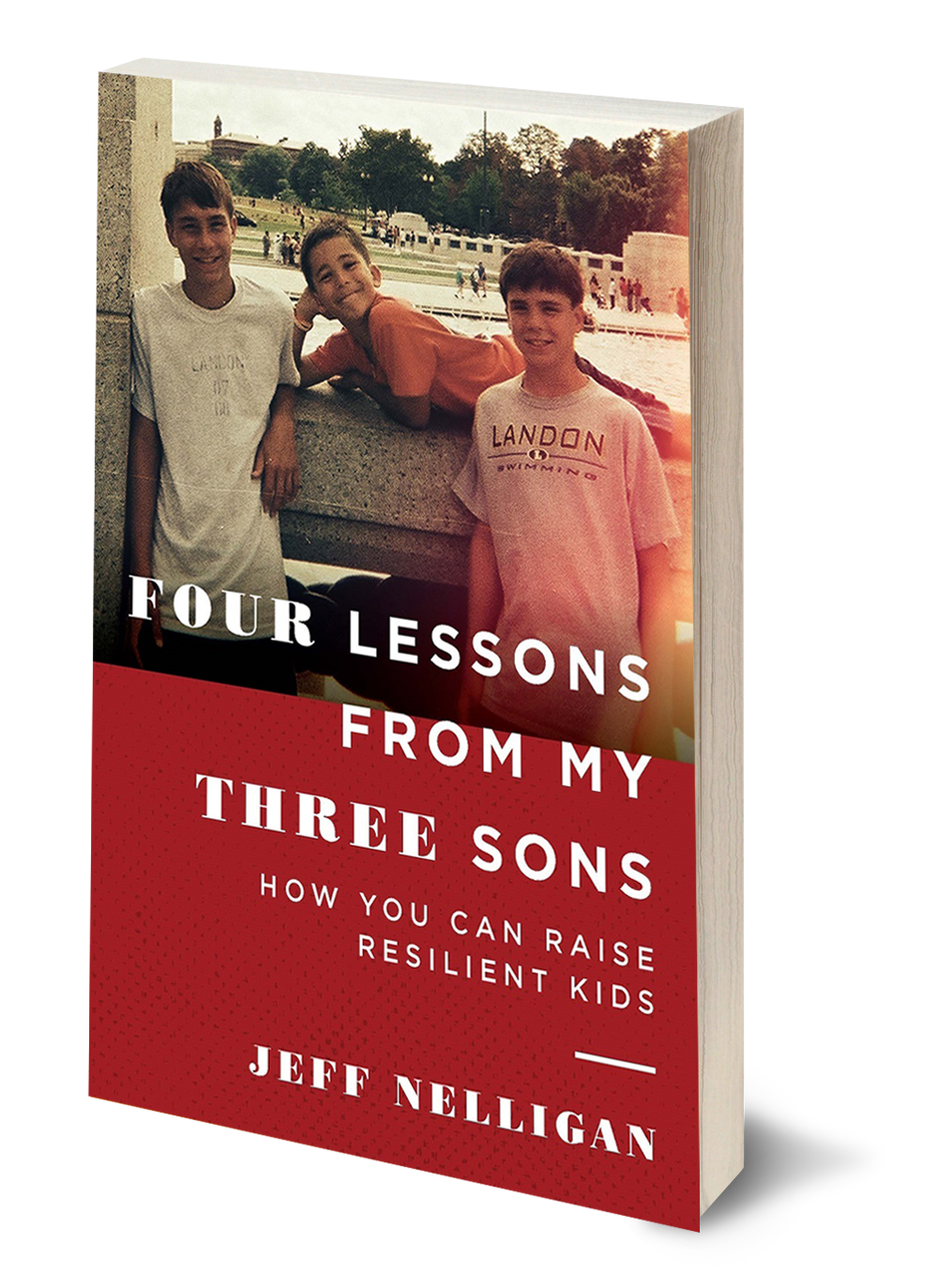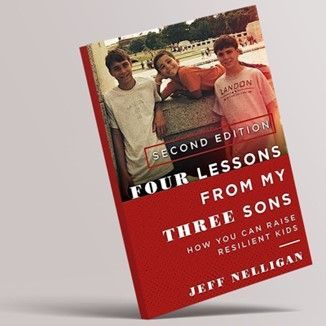Promote Preparation...and end panic
"The day of days,,,"
In our kitchen we had a large 2’ by 3’ poster board calendar. It served as a one-
month, day-by-day display of everything the family and each individual kid faced
for 30 days. School assignments and tests, chores, athletic practices and games,
extracurricular events, play-dates, yard-work, pickups and drop-offs, parent
commitments and family outings and trips. You name it, it was on the calendar.
At the start of each month the boys rotated in gathering from each family member
their individual upcoming events for the next 30 days and filling out the calendar;
the youngest could barely write legibly but there were no excuses. Glancing at the
calendar several times a day became a reflex habit with all us. In fact, just
seeing one month with each day’s activities listed had a perceptively calming
effect because each of us knew what we were responsible for on any given day.
One evening I found the youngest son alone in the kitchen staring at one part of the
calendar. I knew what event he had on his mind (we’re parents – we know these
things) and I walked up next to him and pointed at the particular date and said,
“The day of days, right?” He nodded silently. And that’s how the saying started, as
the recognition of a signpost event approaching.
_________________
At the top of this piece is the photo my youngest son sent me every
weekday morning. This daily sprint and ladder workout was a daily item
on the Monthly Calendar. Such routine and reflex; small wonder he was an
NCAA First-Team All-American in Rugby at West Point.
________________
The calendar made everything predictable – yeah, call us rigid and robotic. Few
surprises and few conflicts - every kid knew their role, knew what would happen
during a given day, week and month; where everyone knew felt organized and in
control; where there was little uncertainty and lots of structure, all of which helps a
child become more independent and as a result, more confident.
Every Sunday night we’d go through our ritual: “Ok, boys, this week – what’s your
days of days?” Almost always it was a test, or a paper due, a classroom
presentation or a game. It’s relatively simple: young boys and girls have a limited
landscape – school, after school, homework, extracurricular activities. Our Sunday
ritual was a way of forcing them to focus.
Preparation is the opposite of chaos and I know plenty of families who can’t shake
chaos. As with the lovely ex- ample in Chapter 1 and the habitually late Adler
family, every day in a family’s life can be – if you let it – a cliff- hanger, a mad
rush and always the lament that “we’re so crazy busy!” I’d hear that and just shake
my head. Every family has a lot of things going on. If you’re always crazy busy
you’re actually crazy disorganized. Panic becomes the tempo and no kid thrives
with that.
Our schedule didn’t always work precisely and being methodical doesn’t help all
the time. However, it helps most of the time. ‘The day of days’ – over the years
there were plenty of these. And the structure of the monthly calendar had my sons
ready for almost every one of them.
Promote preparation – it will last your kid’s lifetime.











